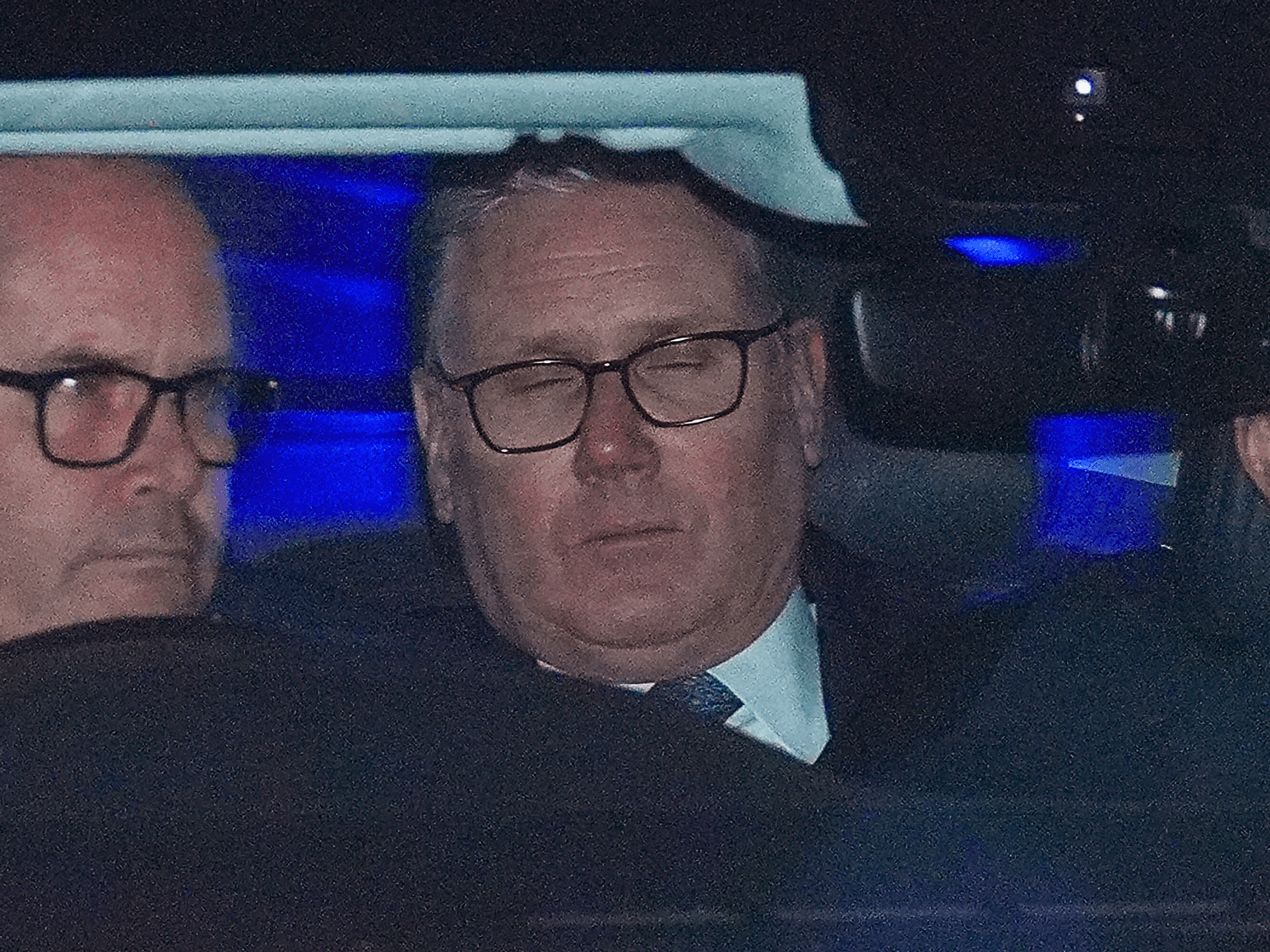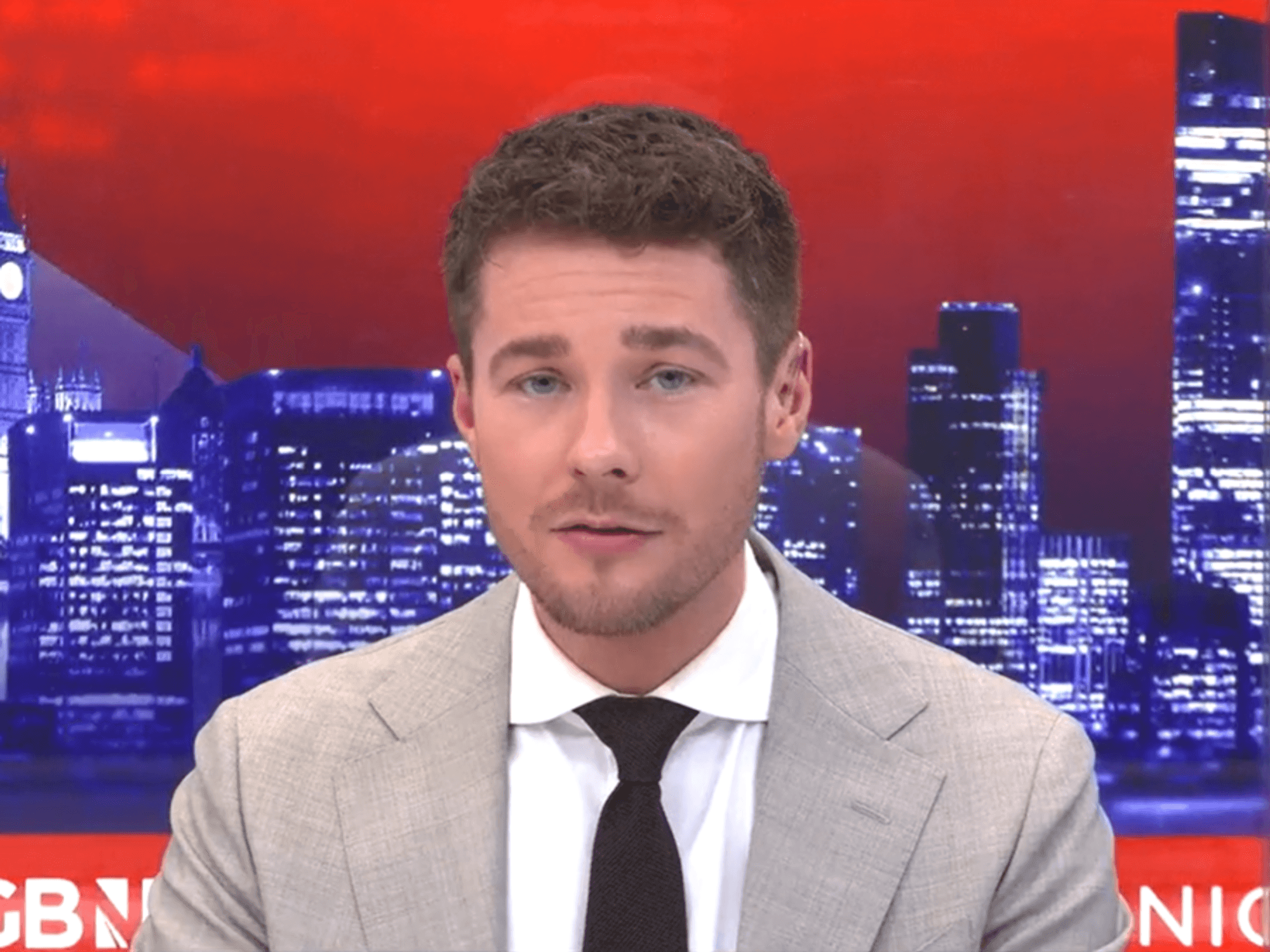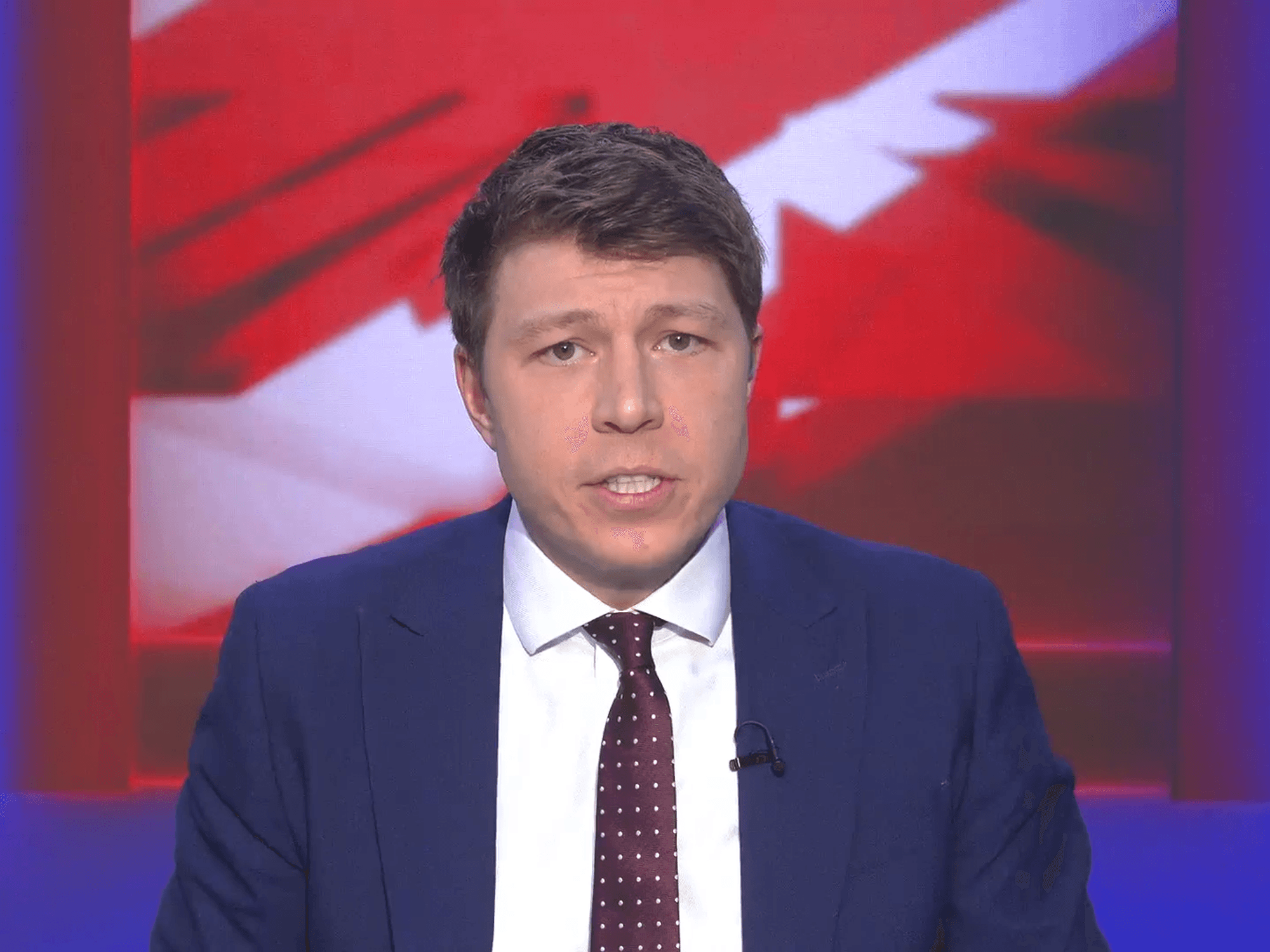Inheritance tax is more likely to affect you as property prices rise - but scrapping could lead to something far worse, says property expert Jonathan Rolande
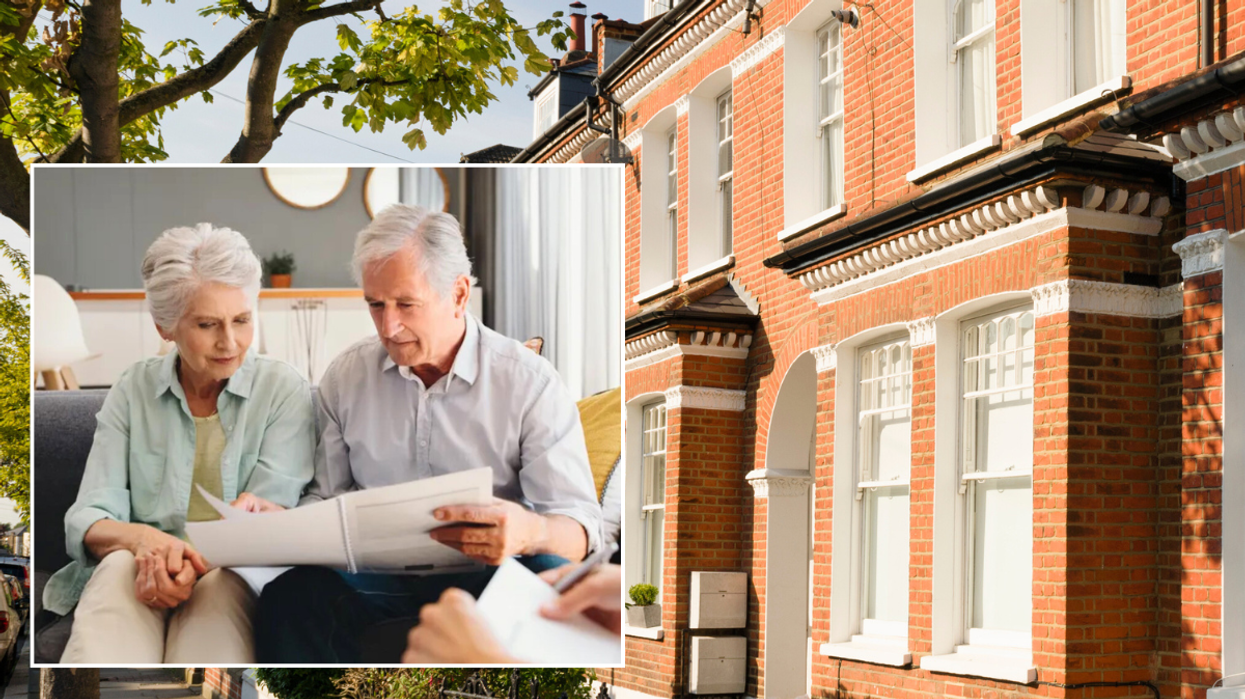
Inheritance tax is affecting more people as house prices rise
|GETTY
As we countdown to the general election, it’s inevitable that attention will turn to potential Government plans to cut inheritance tax. Property expert Jonathan Rolande discusses this as rising house prices mean more people are affected by the tax
Don't Miss
Most Read
Latest
A YouGov tracker polling has consistently shown Britons consider inheritance tax as unfair. A survey around a year ago found a majority (56 per cent) would support scrapping it.
Inheritance tax (IHT) is a topic that truly divides opinion. Upon death, inheritance tax is charged at 40 per cent on the value of the estate above the tax-free threshold of £325,000 – there is an extra exemption for family homes – which eats into your loved ones’ inheritance.
As a nation, we are paying more death duties than ever before. HMRC raked in a record-breaking £6.1billion in 2021-22, doubling in the space of a decade.
Rising property prices and a 20-year freeze on the inheritance tax threshold are pulling more families into the net and causing bills to swell in size.
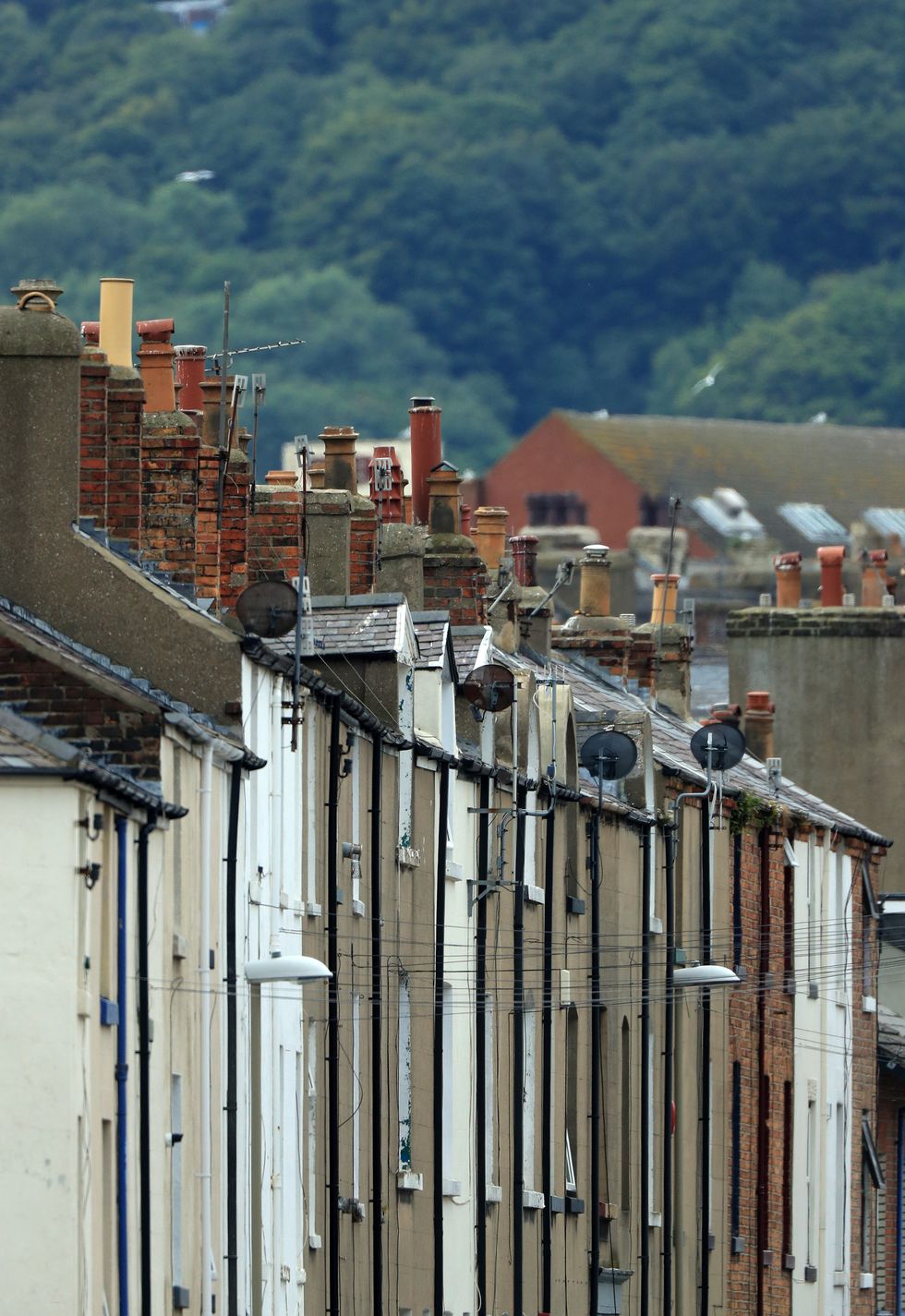
Rising property prices mean more are affected by IHT
|PA
The Government’s decision in the autumn statement to freeze tax thresholds until 2027-28 is forecast to cost families £9billion per year by the end of the period.
So many people believe IHT is unfair – the greatest proportion because they think the tax has already been paid on it once. This is true but fails to acknowledge that it's what happens to us all on a daily basis.
We pay tax on our earnings then when we buy something with our net pay, there’s VAT on it. If we save some money and receive interest, that’s taxed.
If we use the leftover money to buy a property, that’s taxed when we buy it, when we own it and, eventually, when we sell it too.
Inheritance tax is not without its faults, especially as, thanks to increasing property prices, more people are potentially liable to pay it.
I think that’s the really key point. Inheritance tax has historically been viewed as a tax for the very wealthy, but in recent years we have seen an increase in the number of people being caught in the net.
Many people could now find themselves in a position where they end up paying inheritance tax unnecessarily, as they may never have previously considered the need for inheritance tax planning and therefore have not taken the steps required to mitigate it.
A poll last week revealed just 26 per cent of people have inheritance tax strategies in place. According to a study by Arbuthnot Latham, 45 per cent of “High Net Worth Individuals” in Britain worry about their loved ones' finances, yet only a quarter have made plans for their passing any wealth on.
So with more families being pulled into the inheritance tax net, it’s vital that we all become more proactive with estate planning to avoid landing beneficiaries with a huge bill.
LATEST DEVELOPMENTS
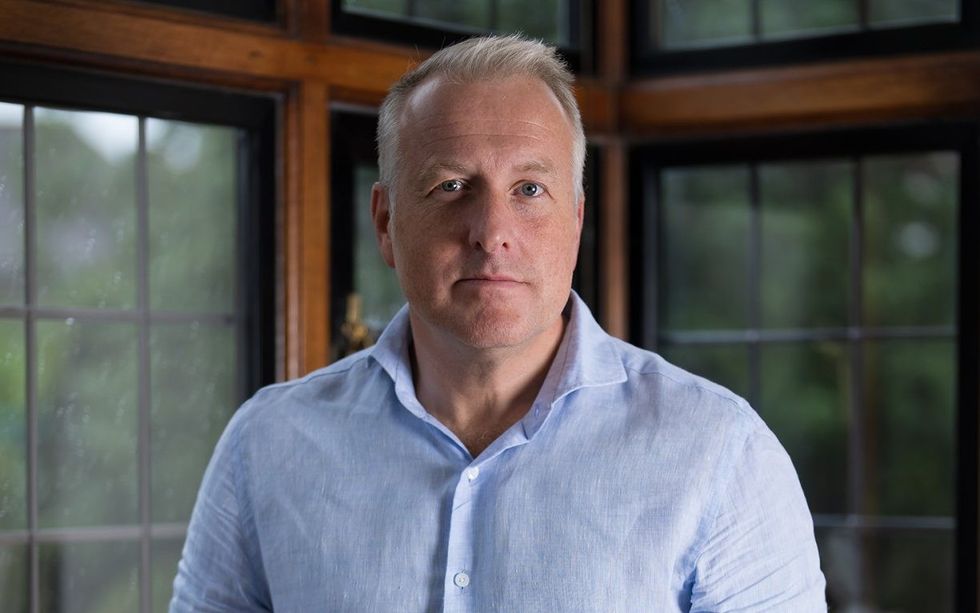
Jonathan Rolande shares his weekly property analysis
|JONATHAN ROLANDE
But should we scrap it entirely? I’d say no.
Given we need public services and that someone has to pay for them, isn’t it better that that person is deceased, and no longer in need of the money? It taxes assets, housing, buy-to-let investments, shares, oil paintings, jewellery and the like. Without it, we would need to tax people more when they work – which hardly seems fair does it?
IHT is a great leveller; it distributes some of the old family wealth to those who are not fortunate enough to receive a large bequest.
So, unpopular as it seems to be, I would simply ask, if we kill off death duties can we really be sure we won’t inherit something far worse?






